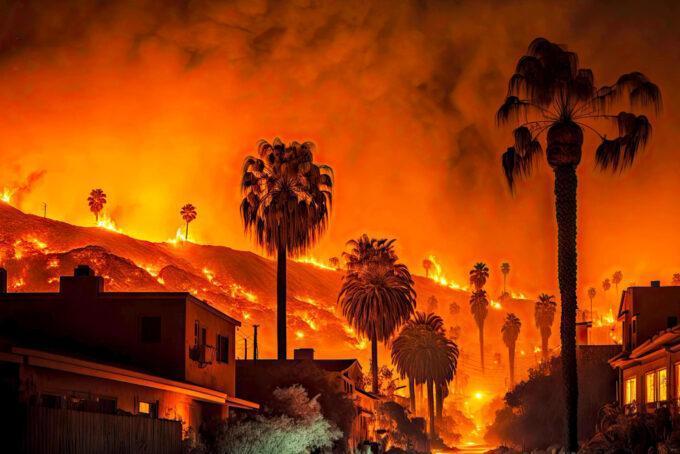Washington, D.C., a city intimately entwined with the tapestry of American history, an unsettling narrative unfolds as it grapples with a 31% escalation in homicides compared to last year, veiling its renowned boulevards in a somber shadow of persistent violence. Amidst the architectural emblems of democracy, the unchecked mayhem is not only indiscriminate, spilling over age, occupation, and geographic bounds, but also insidiously seeds fear and apprehension among both inhabitants and enterprises.
Over 200 lives have already been abruptly and tragically curtailed this year, catalyzing a dire need for an immediate, resilient counteraction. The violence, disturbing in its frequency and randomness, introduces a distressing unpredictability into the everyday, as the community attempts to traverse an environment where security is not guaranteed. This cascading turmoil not only splinters communities but also leeches the vigor from businesses, which were once vibrant hubs of local economic activity.
Behind the steely facade of statistics, individual narratives unfold, revealing a tapestry of broken families and communities trembling in the aftermath of unchecked aggression. The erratic nature of these acts, unchained by the specificity of timing or location, amplifies an almost tangible fear threading through residential and commercial sectors of the city alike.
A chorus of exasperation and disenchantment is rising among residents, as they behold the chaos shrouding their erstwhile serene communities, critically evaluating what many deem as an insufficient response from the city’s leaders. This pervasive skepticism, mingling with an omnipresent sense of despair, reverberates daily amid reports of sustained violence. A potent, shared sentiment lingers, questioning the effectiveness and capacity of the city council and mayor to staunch the bleeding that stains the streets of the U.S. capital. The crescendo of calls for a firm, impactful strategy to mitigate the spiraling violence has coalesced into a collective cri de coeur, demanding not merely answers but substantial, immediate actions to reinstate not only safety but also faith in the governing bodies.
Councilmember Trayon White, recognizing an undercurrent that contemplates heightened measures, has proffered the deployment of the National Guard as a potential antidote to the city’s virulent violence. This proposition, resonant with desperation and immediacy, originates from an acknowledgment that traditional approaches have fallen short in taming the prevailing disorder. Nonetheless, the proposition is punctuated with controversy, as community members and politicians alike grapple with the potential ramifications of sanctioning a military presence on home turf. Critics contend that deploying the National Guard might only amplify tensions, injecting a new variant of complexity and unpredictability into an already explosive situation. Consequently, D.C. stands at a pivotal intersection, hesitating between a potent, militarized response to its crisis and a rethinking of extant civic and policing strategies, with each path offering its own subset of trials and unknowns.
Featured Listings
How to Help People Impacted By The California Fires
The fires ravaging Los Angeles are more than just news headlines—they’re a...
Automatic Refunds for Canceled Flights
New Airline Regulations to Boost Passenger Rights The Biden administration has introduced...
The TikTok Ban Bill Is Official! What’s Next?
In recent moves by the U.S. Congress, TikTok, a vibrant hub for...
Explaining The Potential TikTok Ban
This morning, The House of Representatives passed the bill that could ban...















Leave a comment